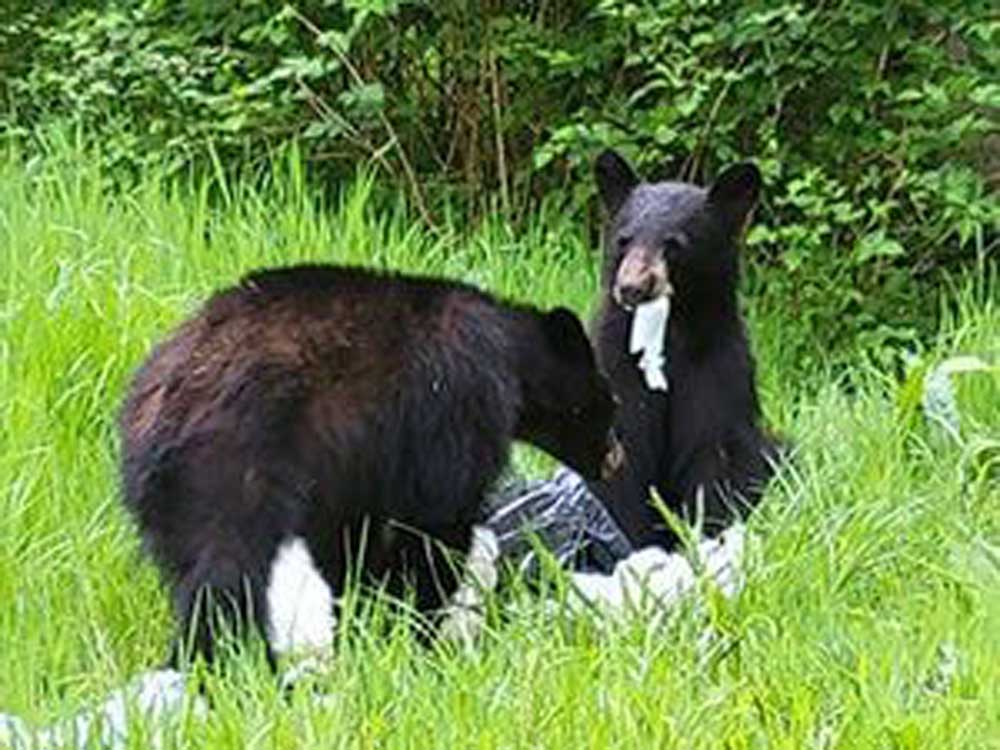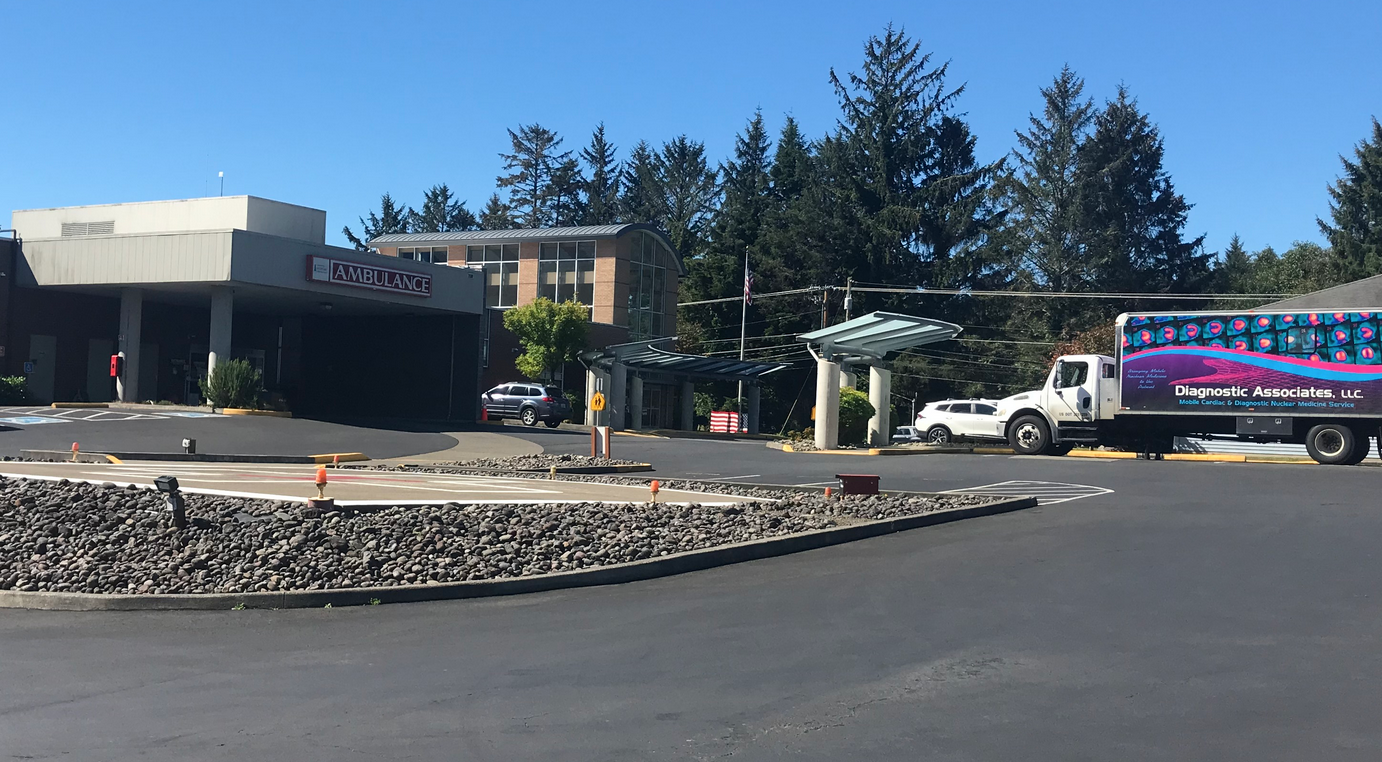Late berry crop creates bear problems on coast
Published 11:15 am Friday, July 1, 2022

- This year hungry black bears are more frequently entering coastal communities looking for food because a prolonged cool, wet spring damaged or delayed the wild berry crops that bears typically rely on.
Editor’s Note: This story is specifically about this year’s bear issues on the Oregon coast; identical conditions persist on the south Washington coast, where the wild berry crop is running as much as a month behind normal. Hungry bears have been seen grazing on lawn grass in Ilwaco neighborhoods in recent days.
Trending
A late wild berry crop due to this year’s cool and wet spring means hungry black bears are entering Oregon’s coastal communities looking for food.
This story is specifically about this year’s bear issues on the Oregon coast; identical conditions persist on the south Washington coast, where the wild berry crop is running as much as a month behind normal. Hungry bears have been seen grazing on lawn grass in Ilwaco neighborhoods in recent days.
According to Oregon Department of Fish and Wildlife, across the coastline, bears have recently killed livestock, dug through garbage cans and stripped young trees owned by timber companies.
“We have seen an increase in bear activity,” said Adam Baylor, ODFW spokesman.
The bears are hungry because the spring’s stormy weather damaged or delayed a major food source bears rely on: wild berries, including salmonberries and thimbleberries.
Salmonberries typically are ripe in May, but the extended cool, wet weather this spring on the Oregon coast slowed or disrupted the ripening process. In some areas, blossoms didn’t get pollinated and fewer salmonberries are available.
“Some districts are seeing failures of salmonberry crops,” said Stuart Love, wildlife biologist at ODFW’s Charleston office.
On the north coast, thimbleberries are also behind schedule.
As a result, black bears are drawing closer to communities in search of something to eat. According to ODFW, hungry bears are digging into residents’ garbage cans, bird feeders, BBQ grills, pet food and chicken and livestock feed. In a few cases, bears have killed livestock.
“ODFW wildlife biologists have their hands full with bear complaints,” the agency said.
Jason Badger, wildlife biologist at ODFW’s Gold Beach office, has recorded 56 complaints so far this year.
The South Coast, Badger said, has had two livestock depredations in 2022. In one incident, a bear killed sheep. In another case, a bear destroyed a chicken coop and killed chickens.
Paul Atwood, wildlife biologist for ODFW’s Tillamook office, said the North Coast Wildlife District has logged 12 complaints so far in 2022, all related to garbage or public safety.
“We haven’t had any livestock depredations reported so far this year, but we have talked to a number of folks concerned about chicken coops when they hear there’s a bear in the area,” said Atwood.
Jason Kirchner, ODFW’s mid-coast district wildlife biologist in Newport, said his office has received 27 complaints so far this year, 15 of those in June. He said bears have broken into about five chicken coops in his district.
“This year, it seems like chicken coops are a hot commodity, so they’re breaking into chicken coops, killing chickens and a couple ducks,” said Kirchner.
Love, in Charleston, estimated Coos County is seeing bears cause problems in four to six different residential areas each week.
ODFW biologists say bears have also damaged young timber stands.
According to the U.S. Forest Service, bears use their claws to strip bark from a tree, then feed on the sapwood, the newly formed outer wood, by scraping it from the heartwood, the older central wood, with their teeth.
In the Pacific Northwest, the Forest Service reports that bears frequently peel the bark from Douglas firs, primarily immature smooth-barked trees ages 15 to 30. A single bear can strip as many as 70 trees per day.
Love said it’s not completely clear why bears strip trees, but the activity appears to be “pretty prevalent this year,” so it may be tied to hunger.
Although bear activity is high right now, ODFW biologists say they are optimistic that when wild huckleberry and blackberry crops ripen in the coming weeks, it will draw bears inland and away from communities.
To keep bears wild, and away from communities, wildlife biologists recommend that residents:
• Protect livestock using electric fencing
• Never feed or approach bears
• Secure food, garbage and recycling
• Remove bird feeders when bears are active
• Never leave pet food outside
• Clean and store grills
• Alert neighbors to bear activity
• Use bear-proof garbage cans
• Avoid composting or secure compost
• Secure chicken coops and put chickens away at night









